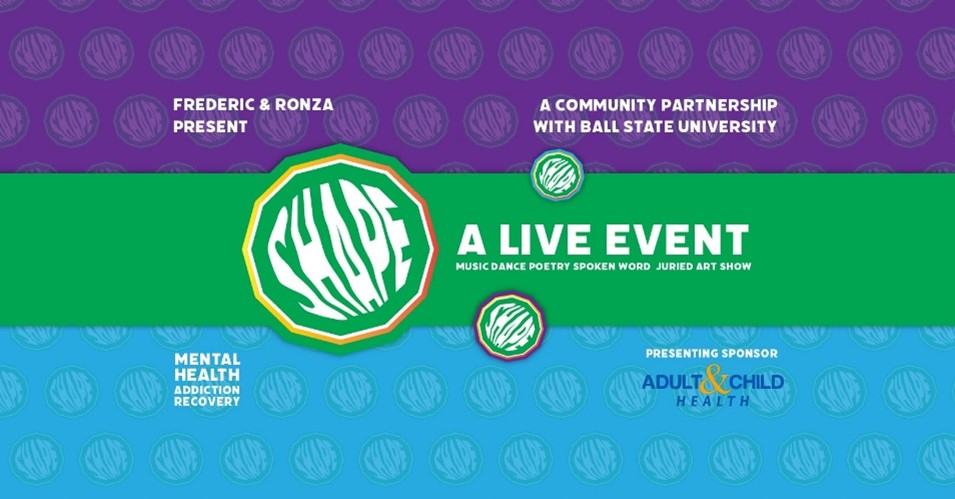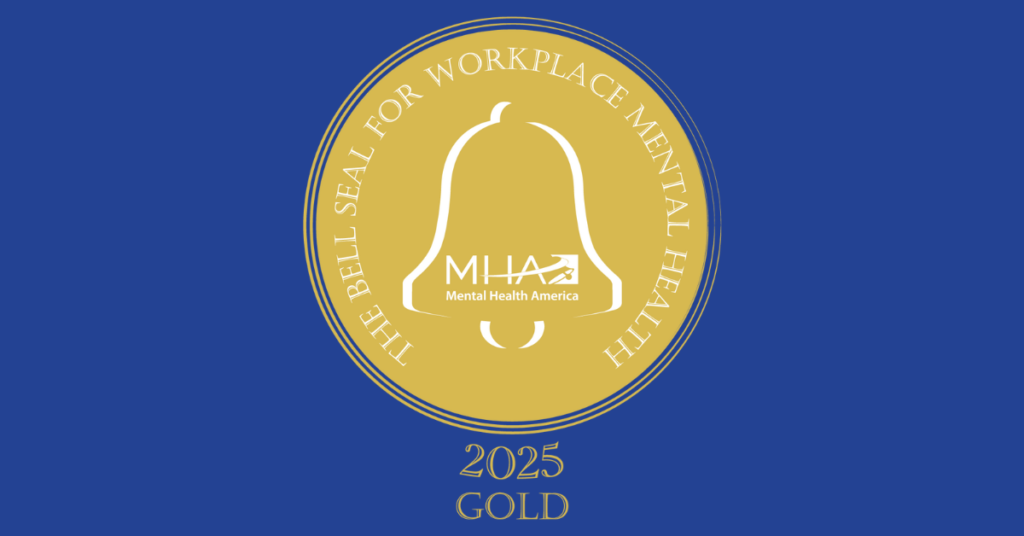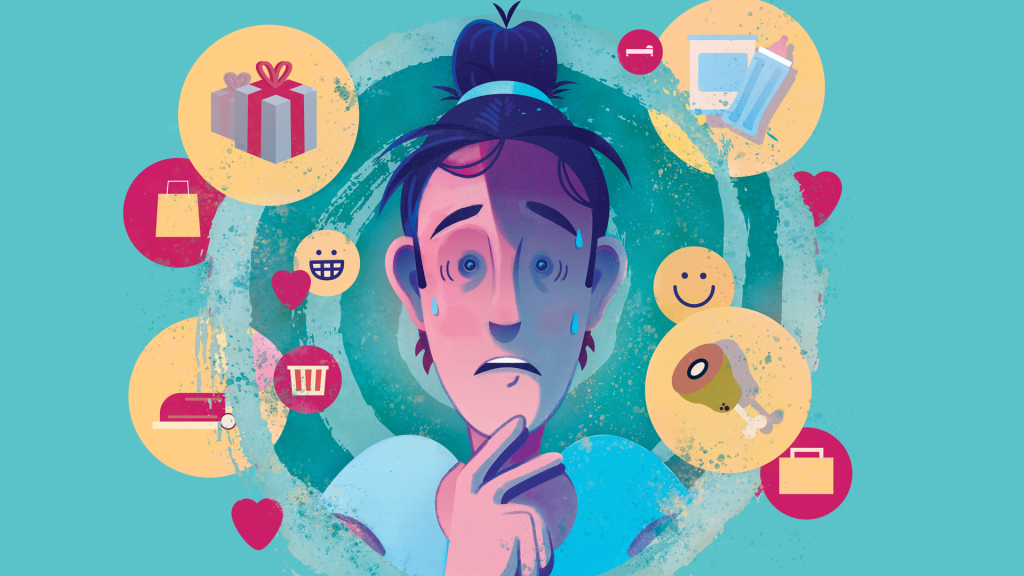SHAPE – A Live Arts Event | April 26

Indianapolis band, Frederic and Ronza are partnering with numerous agencies, groups and artists to bring to you, Shape on Saturday April 26th at the Athenaeum Theater, 401 E. Michigan, Indianapolis. The art show starts at 6p.m. and the live performance at 7p.m. The arts are proven to support positive mental health. “Shape has been in the works for over a year with numerous artists and partners coming to the table with their ideas, talent and resources. This event will show how we have transformed lived experiences into art in a way that celebrates the resilience of those impacted by mental health and substance use issues,” said Kelly Fischer, senior lecturer at Ball State University. Ball State University has formed a community partnership with Frederic and Ronza and the Consortium of Artists allowing their students to earn course credit as they participate in the process of creating this event, and there are also numerous artists and partners are involved. Through passionate music performances, spoken word, dance and a juried art show, the participating artists will render works that encourage the audience to listen, learn, gain perspective, be empathetic and gain a deeper understanding of these issues. The goal is to reduce stigma, elevate the voice of those affected, and bring hope to all who attend. The show will feature soul band Frederic and Ronza who will share original music. In addition, dancers from Dance Kaleidoscope will share a piece about grief that was choregraphed by Kristin Toner of the Indianapolis ballet. Her work was inspired by watching a friend grieve the suicide of her brother, using dance to express emotions and inspire others. Toner said, “Art has helped me express my own feelings and thoughts about grief in order to provide a moment of emotion as the dancers connect with the audience.” Additionally, there are numerous others involved including poets and singers who will share their own passion and support for these issues. All of the music, dance, poetry and spoken word were created or chosen based on the stories we heard during listening sessions. “The listening sessions were an opportunity to hear the stories of those impacted by these issues,” said Frederic and Ronza. Through the numerous listening sessions, several themes emerged, including the need to reduce stigma, how everyone can help support recovery, and that mental health and substance use disorders can be likened to a storm. “You will see the storm theme emerge throughout the show as we honor the feedback shared during the listening sessions,” said Frederic and Ronza. Before the live performance, attendees can enjoy an art exhibit starting at 6p.m. The art was selected by a jury panel for its excellence in artistic quality and its depiction of the Shape theme. “We were impressed and moved by the artwork submitted and are sure attendees will be too,” said art juror Cierra Johnson. Artwork is also available for sale. The event is being presented by Adult & Child Health. Matt Bane, Adult & Child Health, is working closely on the event said, “Having the privilege to be myself and share my personal story of my lived experience with having multiple mental health diagnoses and a substance use disorder has provided me the amazing connection with the SHAPE event.” The organizers, Frederic and Ronza are passionate about issues of mental health and substance use disorders. Knowing the pain and impact on so many, and even the danger of these issues, Frederic and Ronza’s concern led them to collaborate with all of these amazing partners to produce Shape. “We want people to leave with a willingness to do something, whether that be learning more, talking more, or empathizing more, our goal is to reduce stigma by bringing these issues to light through the power of the arts,” said Frederic and Ronza. Click here to purchase tickets online.
Mental Health America recognizes Adult & Child Health will Gold Bell Seal

Adult & Child Health received the national Gold-level Bell Seal certification from Mental Health America, which recognizes policies, practices and benefits supporting employee mental health and wellbeing. Every year since 2019, Mental Health America has recognized employers for implementing policies and practices to improve employees’ mental health. Companies across all sectors undergo a 54-point evaluation that includes surveys of employees. Adult & Child Health employs more than 600 people in southern Indiana, with areas of focus on behavioral health, primary care and treatment for substance use addictions. “The work our team members perform on a daily basis is challenging, but they continue to live our mission of providing access to quality care for all who need it on a daily basis,” said Dr. Christine Negendank, Adult & Child Health Regional President and Chief Medical Office. “This recognition from Mental Health America is a testament to our team members and the work they do in order to make Adult & Child a great place to work.” Part of Adult & Child’s recognition comes from a three-pronged strategy to address employee mental health: 1) Adult & Child’s employee assistant program provides mental health services, including short-term counseling and provider referrals. The average time between an employee inquiry and their first session with a provider is five business days. The EAP program provides up to five free in-person or virtual therapy sessions. 2) The HOPE Taskforce is a safe place for non-managerial staff members to convene to discuss work stressors, life stressors, mental health resources and coping strategies in a space that encourages colleagues to support one another. 3) The GROW committee is for leaders to convene and develop support systems for one another. Mental Health America is the nation’s leading national nonprofit dedicated to the promotion of mental health, well-being, and illness prevention. Its Bell Seal awards recognize an average of fewer than 300 American companies per year.
How to Avoid Faux Self-Care and Find Self-Care for Yourself

Avoid burnout and improve relationships with self-care
Address Stress at the Holidays

Enjoy the season at your own pace.
The holiday season often brings us reasons for joy, cause for celebration, and opportunities to build and forge connections. But they can also present us with mile-long to-do lists, high expectations, and stress. With holidays right around the corner, consider this advice to address stress during the busy winter season.



